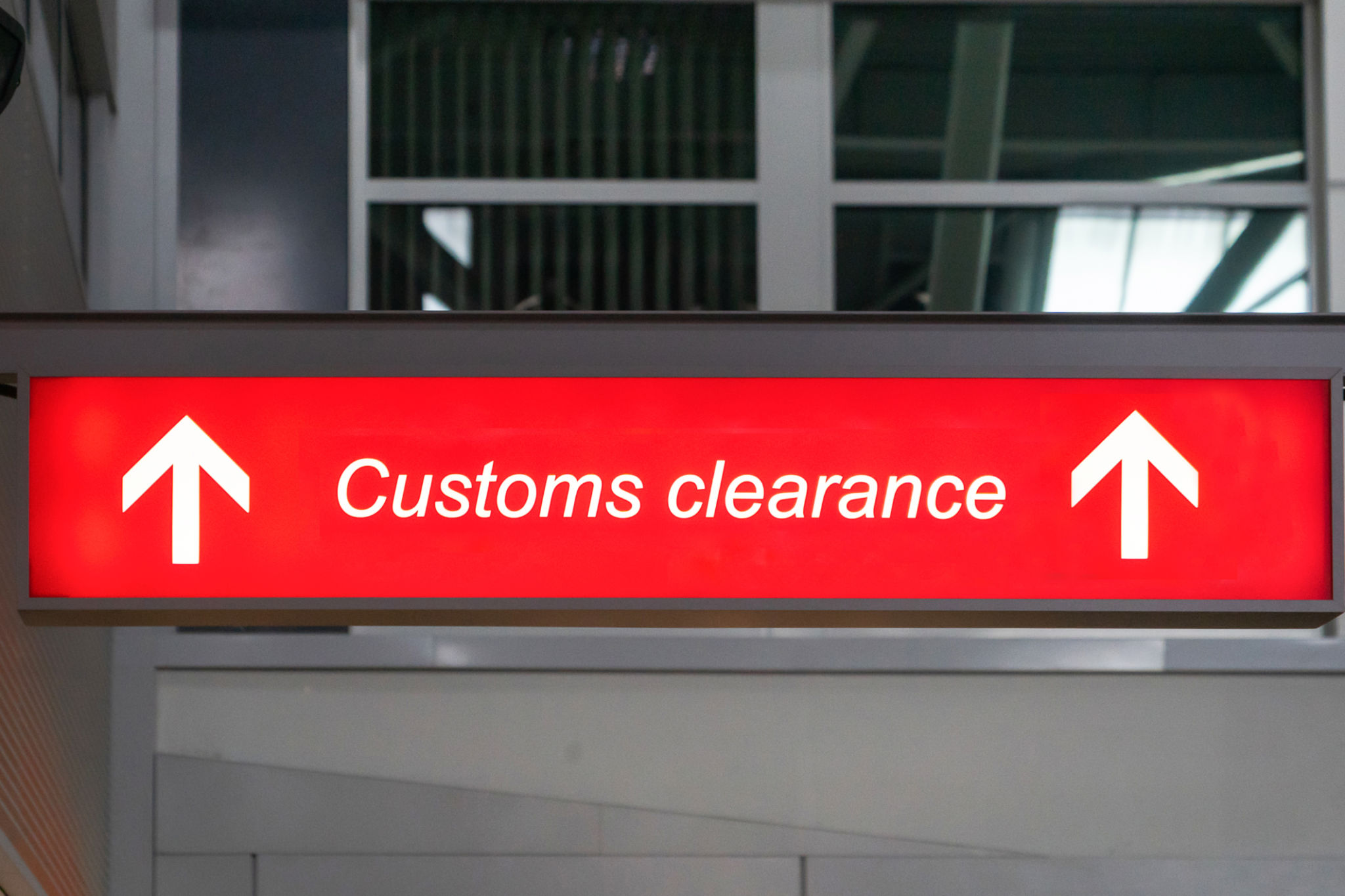Local Freight Forwarding Services in the UK: What You Need to Know
Introduction to Freight Forwarding Services
Freight forwarding is a crucial component of the global supply chain, facilitating the movement of goods from one place to another. In the UK, local freight forwarding services play a significant role in ensuring that shipments are managed efficiently and reach their destinations on time. Whether you are a business owner or an individual looking to transport goods, understanding the ins and outs of freight forwarding can be invaluable.
Freight forwarders act as intermediaries between shippers and carriers, coordinating logistics to streamline the transportation process. They handle various aspects of the shipping process, from documentation and customs clearance to warehousing and inventory management. With a deep understanding of the industry and global networks, freight forwarders can offer competitive rates and solutions tailored to specific needs.

Key Benefits of Using Local Freight Forwarders
There are several advantages to using local freight forwarding services in the UK. One of the primary benefits is their extensive knowledge of local regulations and customs procedures. This expertise ensures that your shipments comply with all necessary legal requirements, avoiding potential delays and additional costs.
Another benefit is the strong relationships that local freight forwarders have with carriers and other logistics providers. These connections enable them to secure better rates and more flexible shipping options for their clients. Additionally, local forwarders can offer personalized service and support, addressing any concerns or issues that may arise during the shipping process.

Understanding the Process
The freight forwarding process involves several key steps that ensure the safe and efficient transportation of goods. Here is a brief overview:
- Planning: The forwarder assesses the shipment's requirements and develops an optimal transportation plan.
- Documentation: Necessary documents, such as bills of lading and export licenses, are prepared and processed.
- Customs Clearance: The forwarder handles customs procedures, ensuring compliance with regulations.
- Transportation: Goods are transported via selected carriers, utilizing various modes such as air, sea, or road.
- Delivery: The shipment is delivered to its final destination, with tracking and updates provided throughout the journey.
Choosing the Right Freight Forwarder
Selecting the right freight forwarder is essential for ensuring a smooth shipping experience. When evaluating potential partners, consider factors such as their industry experience, range of services offered, and customer reviews. It's beneficial to work with a forwarder who has a proven track record in handling similar shipments.
Additionally, ensure that your chosen forwarder offers transparent pricing and clear communication. This transparency helps prevent unexpected costs and keeps you informed about your shipment's status at every stage of the process.

Challenges in Freight Forwarding
While freight forwarding offers numerous benefits, it also comes with challenges. Some common issues include fluctuating transportation costs, changes in regulations, and disruptions in supply chains due to unforeseen events. Working with an experienced freight forwarder can help mitigate these challenges by offering proactive solutions and alternative routes when necessary.
Another challenge is maintaining effective communication across different time zones and languages. Local freight forwarders often have multilingual teams that can bridge the communication gap, ensuring smooth coordination between all parties involved.
The Future of Freight Forwarding in the UK
The freight forwarding industry is continually evolving to meet changing market demands and technological advancements. In the UK, there is a growing focus on sustainability and reducing carbon emissions within the logistics sector. As such, many forwarders are adopting greener practices and investing in technology to enhance efficiency.
Automation and digital platforms are also playing a significant role in transforming freight forwarding operations. These innovations provide better visibility into supply chains, allowing for real-time tracking and data-driven decision-making. As the industry evolves, businesses can expect even more streamlined processes and enhanced service offerings from local freight forwarders.

